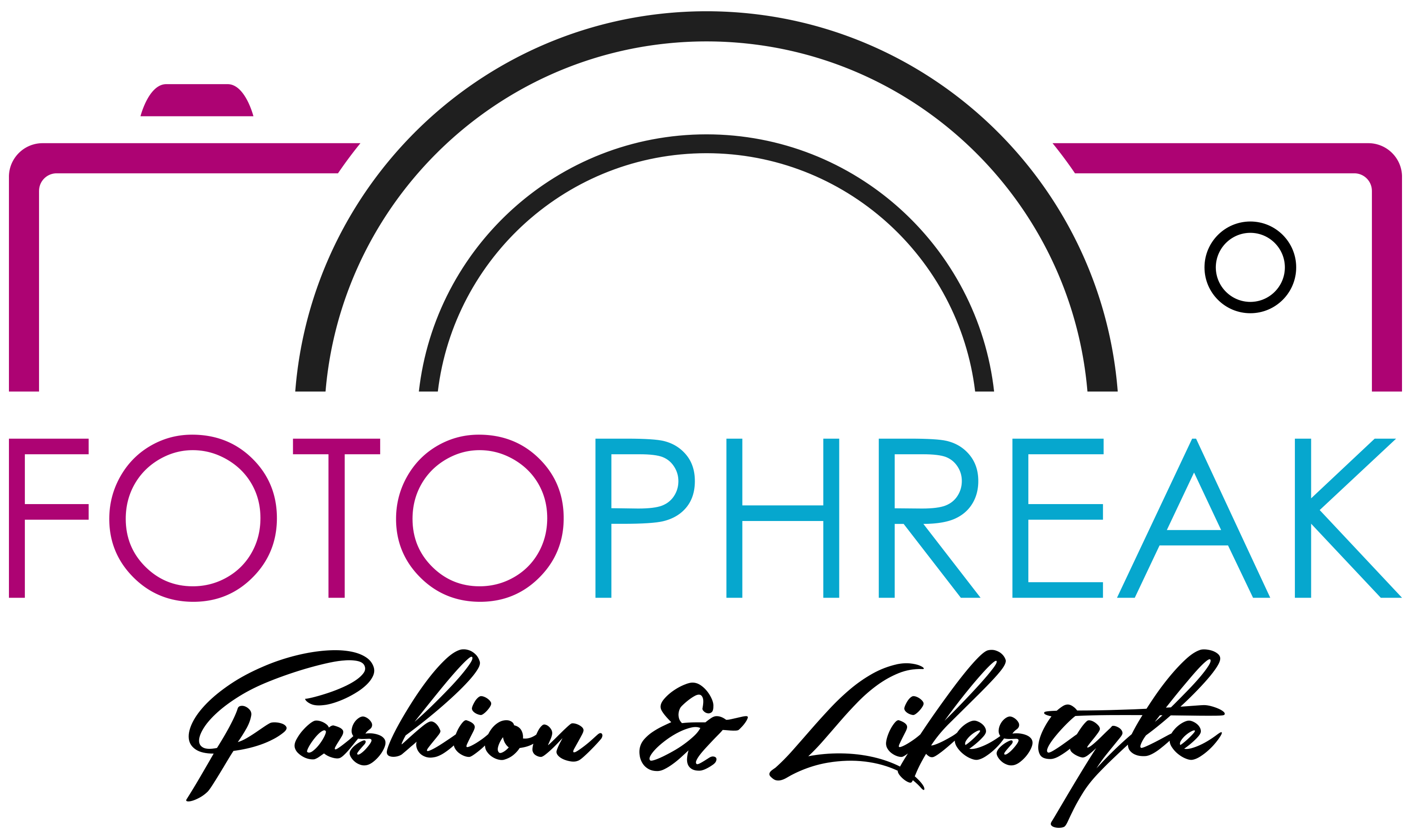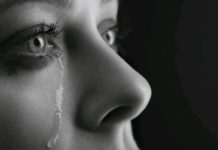Digital devices have become part and parcel of our lives today as human beings which plays a big part in our mental health. In today’s technological world, smartphones, laptops, and tablets have become integral to daily life. From work to entertainment, digital devices have transformed how we live.
However, technology’s evolution comes with a side effect many overlook—its negative influence on sleep. Excess screen time is increasingly linked to sleep disruption, with technology keeping us awake at night.
Digital Device Use and Sleep
The impact of screens on sleep is widely acknowledged, but what happens when we use them late into the evening?
The key issues stem from screen-emitted light and constant notifications.
Blue Light Exposure:
Digital screens emit high-energy blue light.
Studies show exposure to this light, particularly before bedtime, disrupts the sleep cycle by suppressing melatonin production, delaying sleep onset, and reducing sleep quality, leaving individuals groggy the next day.
Notifications and Alerts:
Even when idle, frequent notifications and alerts disturb sleep. These interruptions prevent deep, restorative sleep, while the fear of missing out (FOMO) increases anxiety and inhibits relaxation.
Mental Stimulation:
Browsing social media, watching TV, or gaming keeps the brain alert. Emotional content or intense stimuli, like upsetting news or action movies, can further hinder relaxation.
Work Connectivity:
Blurred boundaries between work and personal life, driven by remote work and constant availability, keep people mentally engaged at night, disrupting sleep.

A Growing Health Concern
Sleep loss from technology has far-reaching health effects, including stress, anxiety, depression, weakened immunity, and poor cognitive function. Given the rising prevalence of mental health issues, addressing digital-induced sleep disruption is critical.
Combating Digital Sleep Disruption
Thankfully, there are strategies to improve sleep:
– Set a Digital Curfew: Avoid screens for at least an hour before bed to let the brain wind down naturally. Opt for relaxing activities like reading, meditation, or a warm bath.
– Use Blue Light Filters: Activate blue light filters or night mode in the evening to reduce screen impact.
– Create a Tech-Free Bedroom: Keep devices out of the bedroom. Use an alarm clock instead of your phone, and leave tablets and laptops elsewhere.
– Choose Calming Content: Swap action-packed or distressing media for soothing music, books, or relaxation exercises.
– Stick to a Regular Sleep Schedule: Consistent bedtimes and wake times help regulate the sleep-wake cycle.
– Limit Caffeine and Heavy Meals: Avoid these near bedtime, opting for light snacks like bananas or nuts instead.

The Path to Better Sleep
While technology shapes modern life, we must recognize its effects on sleep. Small adjustments in digital habits can mitigate screen-related sleep issues. Digital wellness isn’t about avoiding technology but setting boundaries to enhance sleep, reduce stress, and boost well-being. By prioritizing sleep and making conscious device-use decisions, we can reclaim restful nights.



















